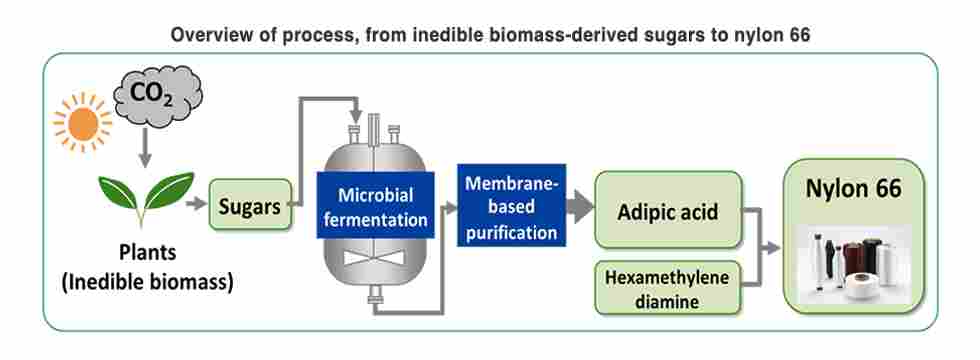Toray Receives Approval from China’s NMPA for Careload® to Treat Pulmonary Arterial Hypertension

Tokyo, Japan– Toray Industries, Inc., announced today that it has received approval from China’s National Medical Products Administration (NMPA) (see explanatory note 1) for Careload® tablets to treat pulmonary arterial hypertension. Careload® is a proprietary orally administered sustained-release formulation of beraprost sodium, a derivative of prostacyclin (PGI2) (explanatory note 2).
Shenzhen Main Luck Pharmaceuticals Inc. will sell and provide information about this offering in all areas of mainland China. Toray and Shenzhen Main Luck Pharmaceuticals are preparing to launch Careload® in early 2023.
Pulmonary arterial hypertension is high blood pressure in the arteries supplying the lungs, a disorder caused by abnormalities in those arteries. It is hard to detect in early stages. The disease has often progressed significantly by the time shortness of breath, fatigue and other symptoms become noticeable. In advanced stages, it can cause heart failure.
Toray created Careload® and obtained approval in Japan in 2007 for it to treat pulmonary arterial hypertension. The NMPA added this agent to its “urgently needed” list in 2019. The list covers overseas drugs for life-threatening orphan diseases (explanatory note 3). Toray and Shenzhen Main Luck Pharmaceuticals applied in April 2020 for Careload® as a pulmonary arterial hypertension treatment option in mainland China, and received approval as previously mentioned
The two companies look forward to helping improve the quality of life for sufferers of this disease in that market.
Summary of approval in China
Brand Name: Careload®
Generic name: Beraprost sodium sustained-release tablets
Indication: For the treatment of pulmonary arterial hypertension of WHO Function Class I-III (PAH, WHO Group I) to improve the exercise capacity of patients.
Dosage and Administration: The usual dosage for adults should start at 120 micrograms per day, administered orally in 2 divided doses (after breakfast and dinner), with the dosage gradually increasing while carefully monitoring patients for possible symptoms (side effects). Dosages can be adjusted according to symptoms and tolerability, with a maximum daily dosage of 360 micrograms, administered orally in 2 divided doses (after breakfast and dinner).






